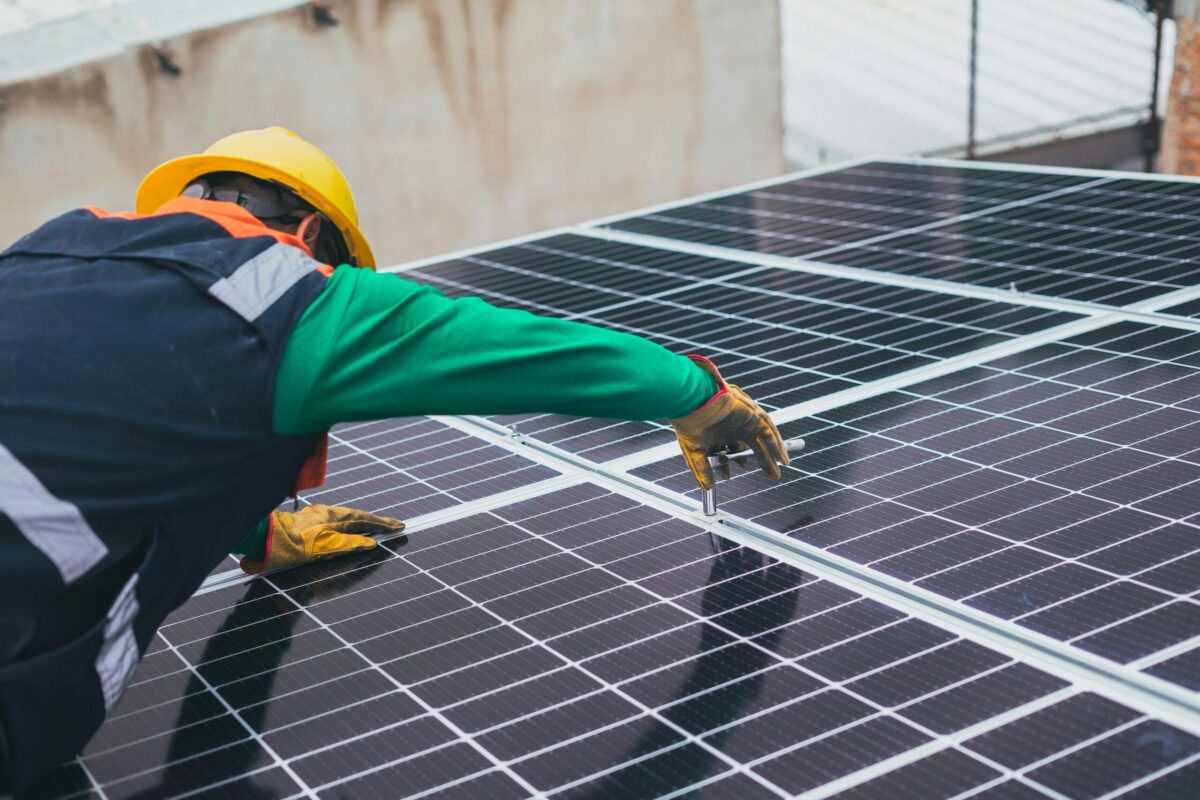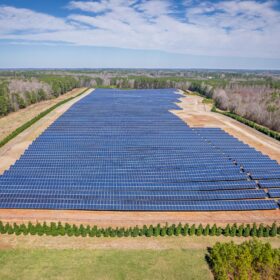U.S. President Trump drove a further wedge between the United States and its top allies this weekend by refusing to sign on to consensus language in support of the Paris Agreement at the G7 Summit. This position was widely condemned both by environmentalists in the United States and leaders of other nations, with German Chancellor Angela Merkel describing the outcome as “very unsatisfactory”, noting that the other six members of the G7 stood against the United States on this point.
A statement from the Sierra Club, which claims 2.4 million members, likewise condemned the move. Sierra Club cites polling which estimates that the agreement is supported by nearly 70% of Americans.
“Donald Trump should have learned this week that breaking our commitments under the Paris Agreement would be an unmitigated disaster for the United States,” reads a statement by Sierra Club Global Climate Policy Director John Coequyt.
“This choice should not be hard: uphold the Paris Agreement to take climate action, grow the economy, and protect U.S. communities or break our commitments to turn his back on economic success, American leadership, and the future of every family in our nation.”
However, while Sierra Club warns of disaster, the impact on solar and other forms of renewable energy is less clear, due to questions regarding the efficacy of the Clean Power Plan (CPP), the cornerstone of U.S. compliance with the Paris Agreement.
In an interview with pv magazine last September Bloomberg New Energy Finance (BNEF) Senior Analyst Nathan Serota stated that while the agreement sends a “long-term signal”, the effect on the solar industry from CPP is “potentially minimal”.
One significant issue is the timing. “the timing period is so far out, and the potential impact for the solar industry is so intangible, that it is not possible to incorporate CPP into business planning if you are a solar developer today”, Serota told pv magazine.
It is important to note that President Trump did not say that the United States will pull out of the Paris Agreement, a position that U.S. Secretary of State and former Exxon-Mobil CEO Rex Tillerson has argued against. Instead, he appears to be stalling, and on Saturday issued a statement on Twitter that he would make a decision on U.S. involvement in the Paris Agreement this week.
But regardless of Trump’s position, Merkel has made it clear that Europe, and the rest of the world, will move forward with action on climate. “We have made it very clear that we, the six Member States plus the EU, are still committed to the goals,” reads a statement (in German) by the Chancellor. “We refer to the protocol and results of Ise-Shima, where the two-degree goal, funding and decarbonization were clearly defined during the course of this century.”
This content is protected by copyright and may not be reused. If you want to cooperate with us and would like to reuse some of our content, please contact: editors@pv-magazine.com.









By submitting this form you agree to pv magazine using your data for the purposes of publishing your comment.
Your personal data will only be disclosed or otherwise transmitted to third parties for the purposes of spam filtering or if this is necessary for technical maintenance of the website. Any other transfer to third parties will not take place unless this is justified on the basis of applicable data protection regulations or if pv magazine is legally obliged to do so.
You may revoke this consent at any time with effect for the future, in which case your personal data will be deleted immediately. Otherwise, your data will be deleted if pv magazine has processed your request or the purpose of data storage is fulfilled.
Further information on data privacy can be found in our Data Protection Policy.